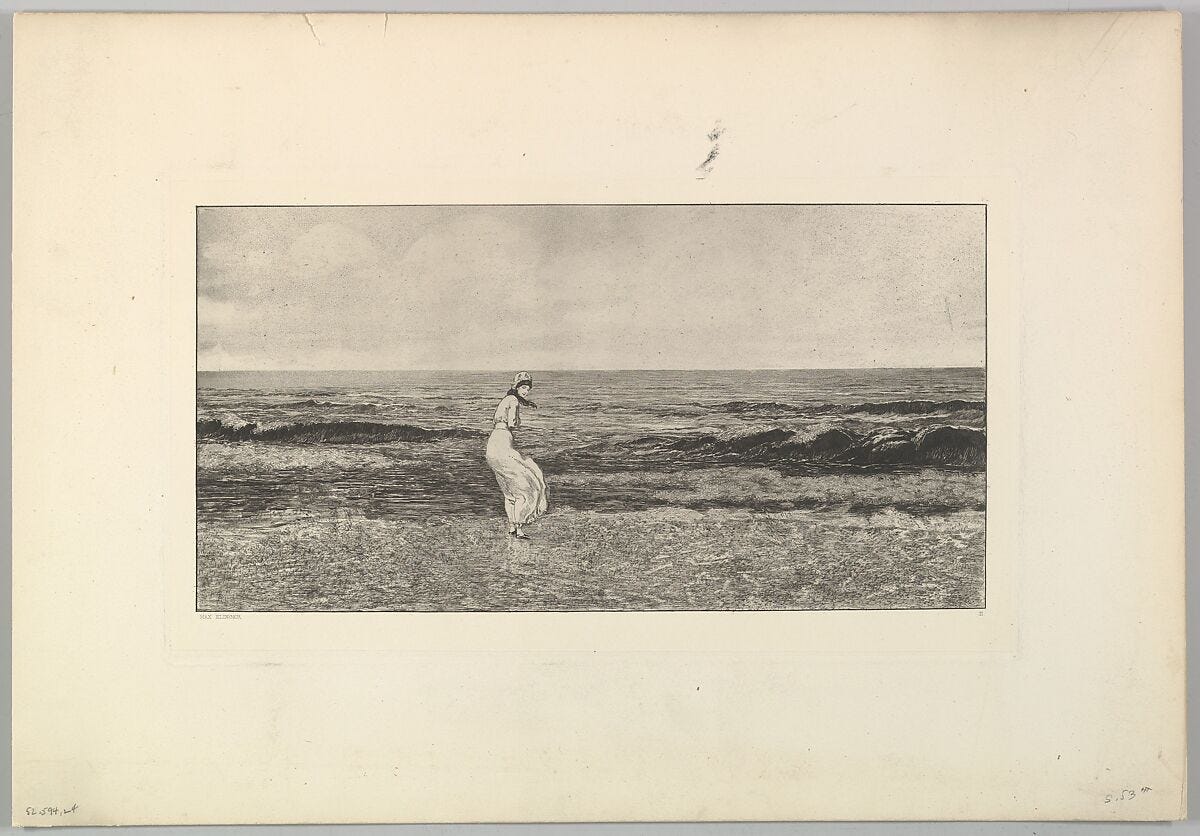the perils of writing about oneself
some essays about writing essays pt 2

We live in an epidemic of bad autobiography not seen since the days of ThoughtCatalog. This is true to the extent that we can even historicize Substack as being a kind of ThoughtCatalog 2. After thirty years of blogging, fifteen of social media (with its lure of sudden fame), and the profitable, much-written-about rise of autofiction, the writer and the subject have become hopelessly blurred unless one makes a concerted effort to separate them.
In an age of over-mediation, it is perhaps inevitable that, when one begins one’s writing life, the self is viewed as the default subject, and the pseudo-empiricist interpretation of the world through the naive-but-evolving self as the default mode of seeing. A corollary to this self-as-content is that the expected mode of writing about oneself is automatically relegated to the diaristic, memoiristic, or otherwise confessional.
Like I said in my last essay, I think so many people write about themselves in part because they feel a certain insecurity or lack of authority when writing about other topics or in modes that do not use the confessional “I.” Then, as now, the only cure for such insecurity is reading and writing more. Fear of being derivative also lends itself to autobiography because the self is always original, and not only is the self always original, it is also always self-perpetuating. When writing about the self, one never, theoretically, runs out of content.
With regards to essay writing in particular, I think people resort to the autobiographical because they find the apocryphal but commonly taught rule that essays can’t make “I” statements restrictive and impersonal. In comparison, writing from one’s own limited perspective feels “natural,” and for good reason: we tell each other our stories every single day, but one only has to write an essay once or twice a month.
Often, and I think this goes too often unsaid, young writers in particular feel that diaristic writing is the only way to make a name (or money) for oneself in an era of platform oversaturation, failing to realize that there is no form of content more oversaturated than autobiography. If everyone is writing about themselves, then nobody remains interesting for very long. A life, from the perspective of the living, can start to feel rather interminable. I think we writers have all reached a point in our lives where writing about ourselves borders on the unsustainable, if not outright exhausting.
This is not to say that one should not write about oneself, or that there is nothing meaningful to be found in the diaristic form. The world’s many memoirists are excellent at their craft. (Recently I read Charlotte Shane’s An Honest Woman and was deeply moved by it.) Nor am I saying that because I don’t write in this form (I do sometimes!) that I am somehow a superior or more serious writer. Despite my druthers, I very much believe that the self is a useful if not invaluable tool in the essayistic toolbox. But, like any other tool, one must be mindful of how one uses — or overuses — it.
Tackling the self thus requires examining critically how or why we want to use it, or whether we should bother using it at all. It also means interrogating the supremacy of the diaristic form at the expense of other, often more effective forms of self-insertion, such as the anecdotal or observational. At the center of these debates and techniques lies, of course, the question of distance. Are we really so interesting? Do we, at the end of the day, really want to be so known?
the fallacies of the self
self-defense
The self offers the writer a defense that is also an irreconcilable contradiction. One is always the authority on oneself, which protects against a lack of authority in other matters. This makes the self a very effective shield against criticism. How can you say that my argument is lacking? I was writing about myself. But this sword has two sides; the one that cuts is also the one that bites. By writing exclusively about the self, any criticism of the writing is taken as criticism of the writer, too.
The more intimate the subject matter, the more unbearable this criticism becomes. I was just minding my own business! How could you be so cruel! I bore my soul to you and this is how you repay me! When one’s identity is so wrapped up in “being a writer,” if the writing is unsuccessful, one must, by extension, be failing at being oneself. What a genuinely intolerable thought, really the epitome of being too hard on oneself. It is perhaps for this reason that, paradoxically, the best way to improve at writing about oneself, to protect oneself against the fear of negative feedback, is to hone the skills of writing from other perpectives and about other things.



